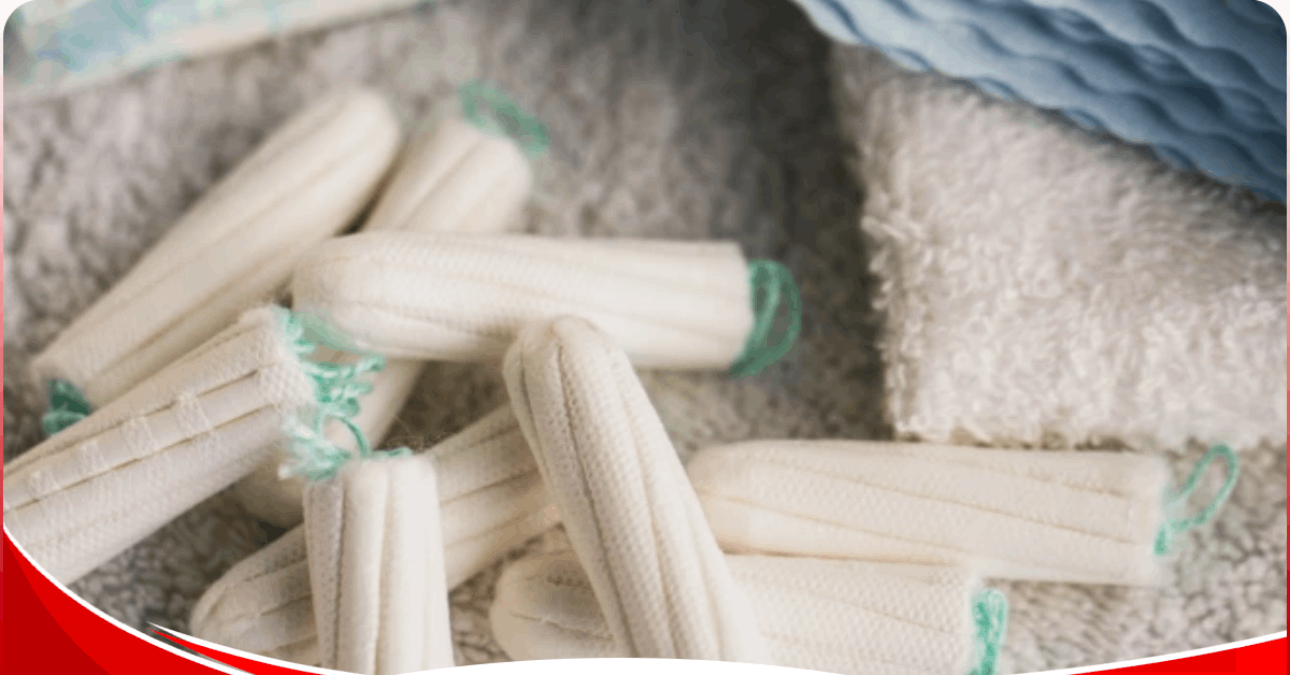Tampons, used by millions of women worldwide, may contain alarming levels of hazardous metals such as lead, arsenic, and cadmium, according to a recent study by USA academics.
This discovery raises significant concerns about the safety of these everyday products.
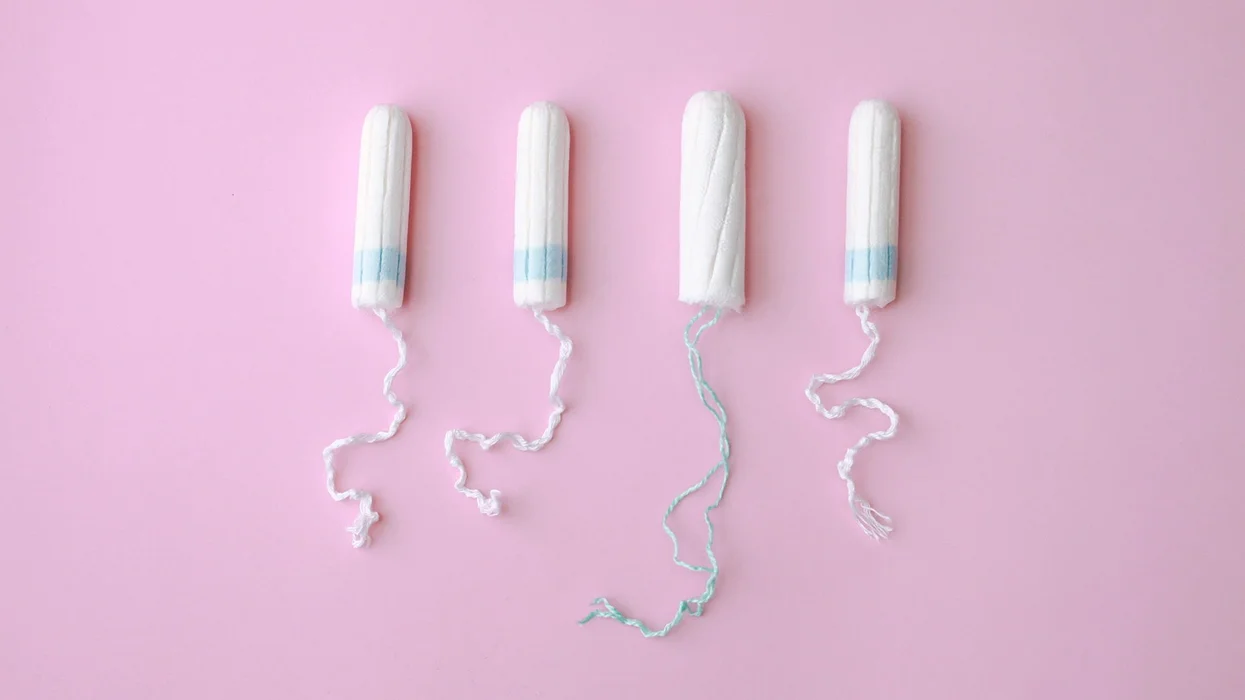
The study, led by a team of researchers from the University of California at Berkeley (UC Berkeley), did not name specific brands but referred to them as generic A, generic B, and so on.
It found traces of 16 types of metals in tampons, including toxic metals like lead, arsenic, and cadmium.
“Our study clearly shows that metals are also present in menstrual products and that women might be at higher risk for exposure using these products,” said study co-author Kathrin Schilling.
Tampons are typically made from a blend of cotton and rayon, both highly absorbent and biocompatible materials.
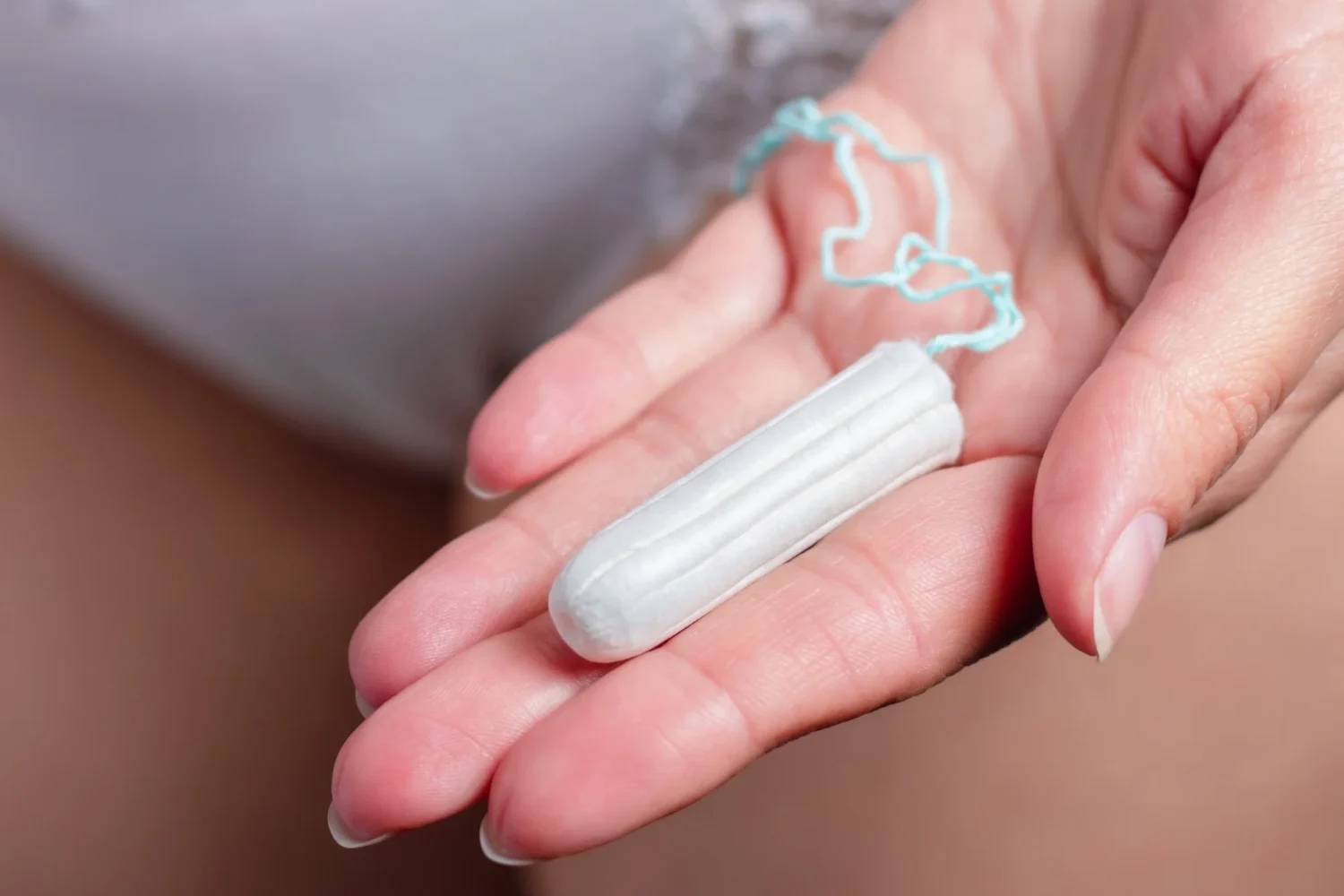
Biocompatibility means the material can be present inside the body without causing adverse reactions.
Some tampons are made from 100 per cent cotton or 100 per cent certified organic cotton, which consumers often assume to be safer options.
However, the study’s findings are particularly concerning due to the vagina’s higher capacity for absorbing chemicals compared to other parts of the body.
“The findings are of particular concern as the skin of the vagina has a higher potential for absorbing chemicals than skin in other parts of the body,” the research stated.
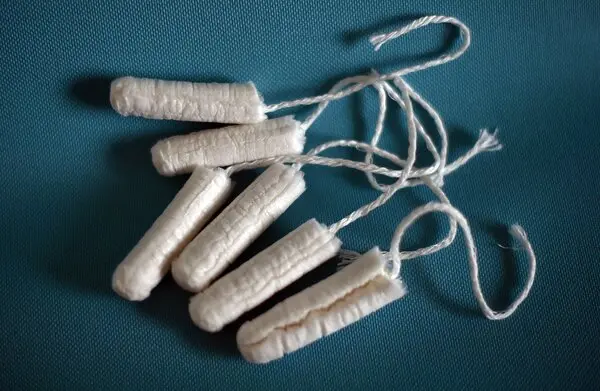
Dr. Grace Kanyi, a gynaecologist in Nairobi, emphasized the potential risks, noting that the vaginal skin’s high absorption rate combined with regular tampon use could lead to significant exposure.
“Women use several tampons for at least 4-5 days a month, depending on their menstrual flow, which increases the risk of chemical absorption,” she explained.
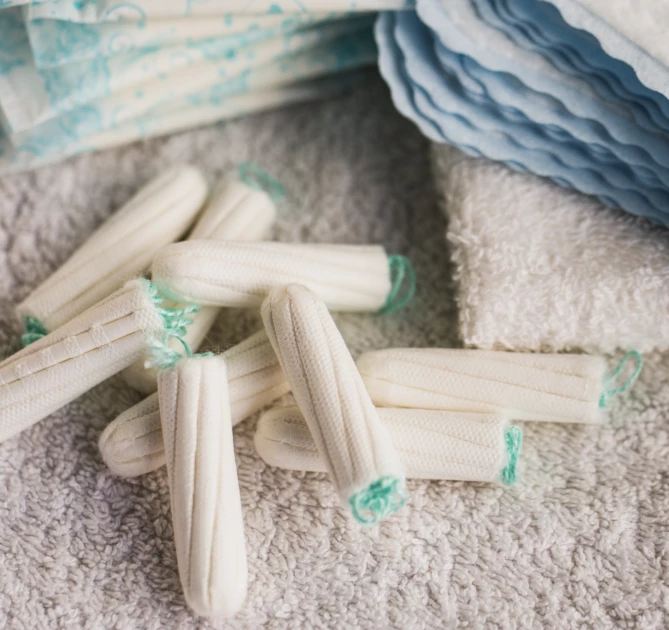
Previous studies have linked exposure to toxic metals like lead and arsenic to serious health conditions, including infertility, cancer, diabetes, and liver and kidney issues.
This recent study examined 30 types of tampons across 14 brands with varying absorbency levels and found metals present in all samples, regardless of whether they were bought in the US, EU, or UK.
While the research detected toxic metals in tampons, the researchers clarified that they cannot yet determine if these metals pose a direct danger to women using them.
They called for further studies to investigate whether these metals can leach from tampons and be absorbed through vaginal tissue.
“The big question here is at what stage did the tampons get contaminated,” said Dr. Kanyi.
“If it happened during manufacturing, that needs to be rectified before these products reach consumers.
Manufacturers are required to test their products for metals, especially toxic metals.”
Researchers suspect that metals may be making their way into tampons through various stages of the manufacturing process.


